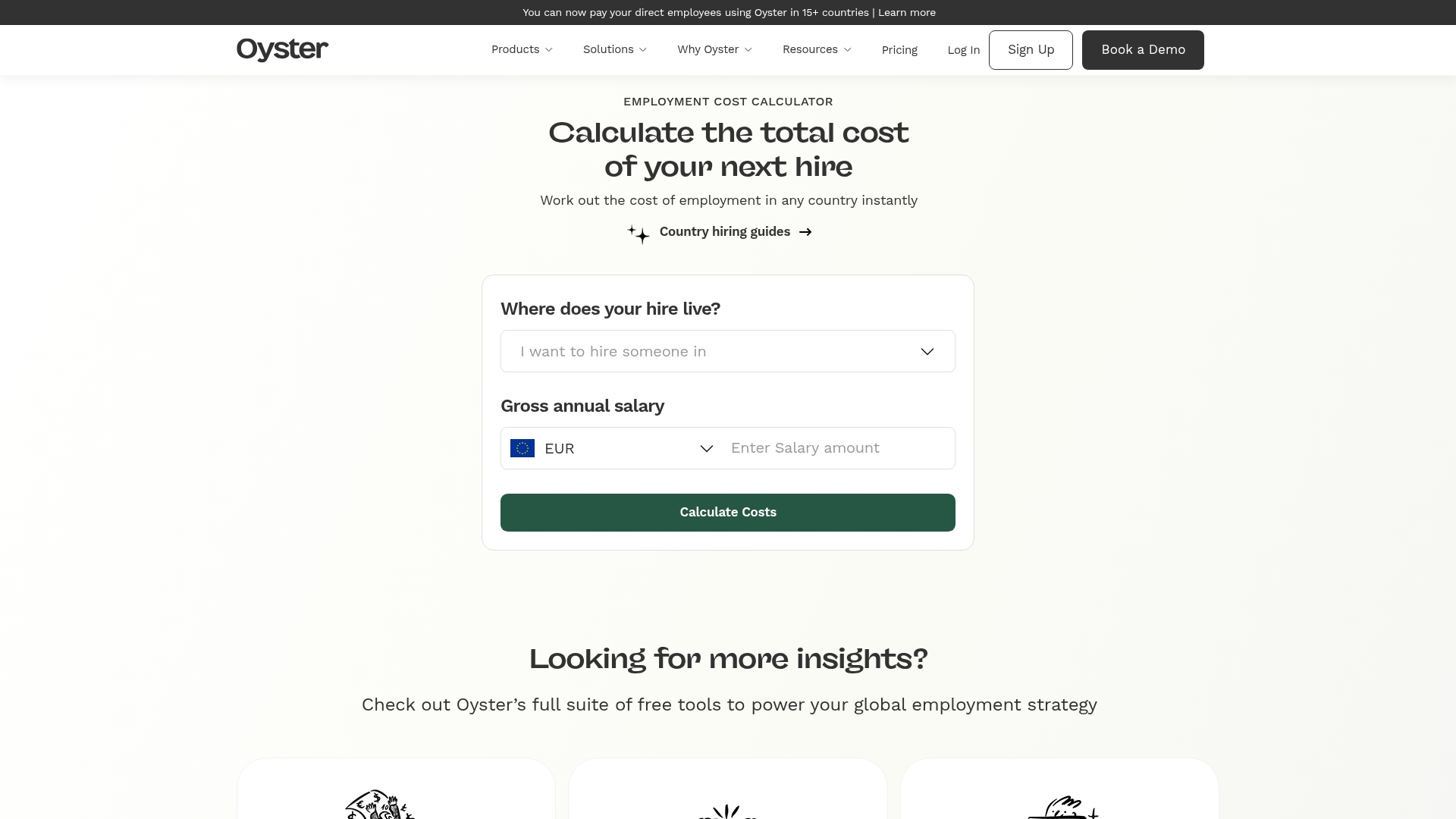What is a 13th-month pay?

13th-month pay
In many countries, employers calculate the salaries of their employees using the regular 12-month salary based on the calendar year. However, there are some countries where employees are eligible to receive a so-called “13th-month salary.” Companies operating in countries that don’t require a 13th-month salary bonus, but hire workers in countries that do mandate or expect the payment, need to be aware of the requirement and their obligation to provide this benefit to foreign team members.
What is 13th-month pay and how does it work?
A 13th-month salary is an additional compensation on top of an employee’s regular 12-month base salary. It’s usually equal to the amount of the employee’s monthly salary. While some countries mandate when employers have to make the payment, it’s most often paid in December before the end of the year, also known as a so-called “Christmas bonus.”
Payment timing varies by country. Some employers split the 13th-month salary into multiple payments throughout the year. For example, in Brazil the 13th-month salary can be paid in a single payment by December 20, or in two installments, one any time between February and November, and the other by December 20. This will also depend whether a collective labor agreement may be applicable and if so, what specific rules about a 13th-month payment apply.
The legal status varies globally. Some countries make 13th-month pay mandatory, while others treat it as customary or discretionary.
Which countries require 13th-month pay?
Countries where a 13th-month salary is mandatory or often provided for in collective bargaining agreements, include:
- Argentina
- Austria
- Belgium
- Brazil
- Colombia
- Finland
- Germany
- Greece
- India
- Indonesia
- Italy
- Mexico
- Nigeria
- Panama
- Peru
- Philippines
- Portugal
- Spain
- Uruguay
- Venezuela
Countries where a 13th-month salary is not required by law, but often customary and expected by workers:
- Chile
- Croatia
- Cyprus
- France
- Hong Kong
- Israel
- Japan
- Luxembourg
- Malaysia
- Netherlands
- Singapore
- Slovakia
- South Africa
- Switzerland
- Taiwan
- Vietnam
Is 13th-month pay mandatory or customary?
What's the difference between mandatory and customary 13th-month pay? The distinction is crucial for staying compliant and competitive:
- Mandatory: Required by law, with fines and legal action for non-compliance
- Customary: Expected by workers but not legally enforced
In countries where it's a customary benefit, even though it's not legally required, it is so deeply ingrained in local work culture that employees expect it. Choosing not to offer a 13th-month salary in these markets can make it difficult to attract and retain top talent, as your compensation packages will seem less competitive.
Who is eligible for 13th-month pay?
Eligibility for 13th-month pay varies by country, but it generally applies to full-time, permanent employees. It's important to check local regulations, as each country has its own rules.
Typically, certain types of workers are not entitled to this benefit. This often includes:
- Independent contractors and freelancers
- Public sector employees
- Employees who have not completed a minimum service period
- Senior-level managers or executives, who may be exempt under specific local laws
How to calculate 13th-month pay
How do you calculate 13th-month pay? The method depends on your Team Member's home country.
Book a demo to learn more.
Global Employment Cost Calculator

Standard calculation: Divide annual salary by 12 and pay that amount.
Some countries have different practices. For example, in Argentina, companies pay a bonus equal to the highest monthly earnings in the previous six months. In other countries, companies divide the annual salary by 13, or base the bonus on a percentage of one’s salary.
For employees who don’t work a full 12 months, employers in principle can prorate the 13th-month salary payment. The most common method for this is to multiply the employee’s base monthly salary by the number of months they worked and divide by 12 to determine the prorated payment.

Taxes and payouts
It’s critical to understand the individual country’s rules on taxation (and social security contributions) on the 13th-month payments, in order to avoid fines or penalties for non-compliance. The taxes vary per country and even some countries provide for a lower tax rate on the 13th-month than the normal taxation rate on salary. An example is Austria with a tax rate of only 6% on the 13th-month pay.
Although the practice of a 13th-month salary originated in the Philippines in the 1970s, it has since spread throughout the world. As mentioned above, some countries' local laws either mandate that employers pay a 13th-month bonus, or such requirements are reflected in local collective bargaining agreements for certain industries, or it is just a customary benefit that employees expect but which are not mandatory.
Simplify global compensation with Oyster
Managing 13th-month pay across different countries adds another layer of complexity to global payroll. From varying calculation methods to specific tax rules and payout deadlines, staying compliant requires deep local expertise.
Oyster's global employment platform is built to handle these complexities for you. We help you hire, pay, and care for talent in over 180 countries, ensuring that everyone receives a competitive and fully compliant compensation package. Start hiring globally and let us manage the local nuances, so you can focus on building your team.
About Oyster
Oyster enables hiring anywhere in the world—with reliable, compliant payroll, and great local benefits and perks.

Related Resources

.webp)
.avif)
.webp)


